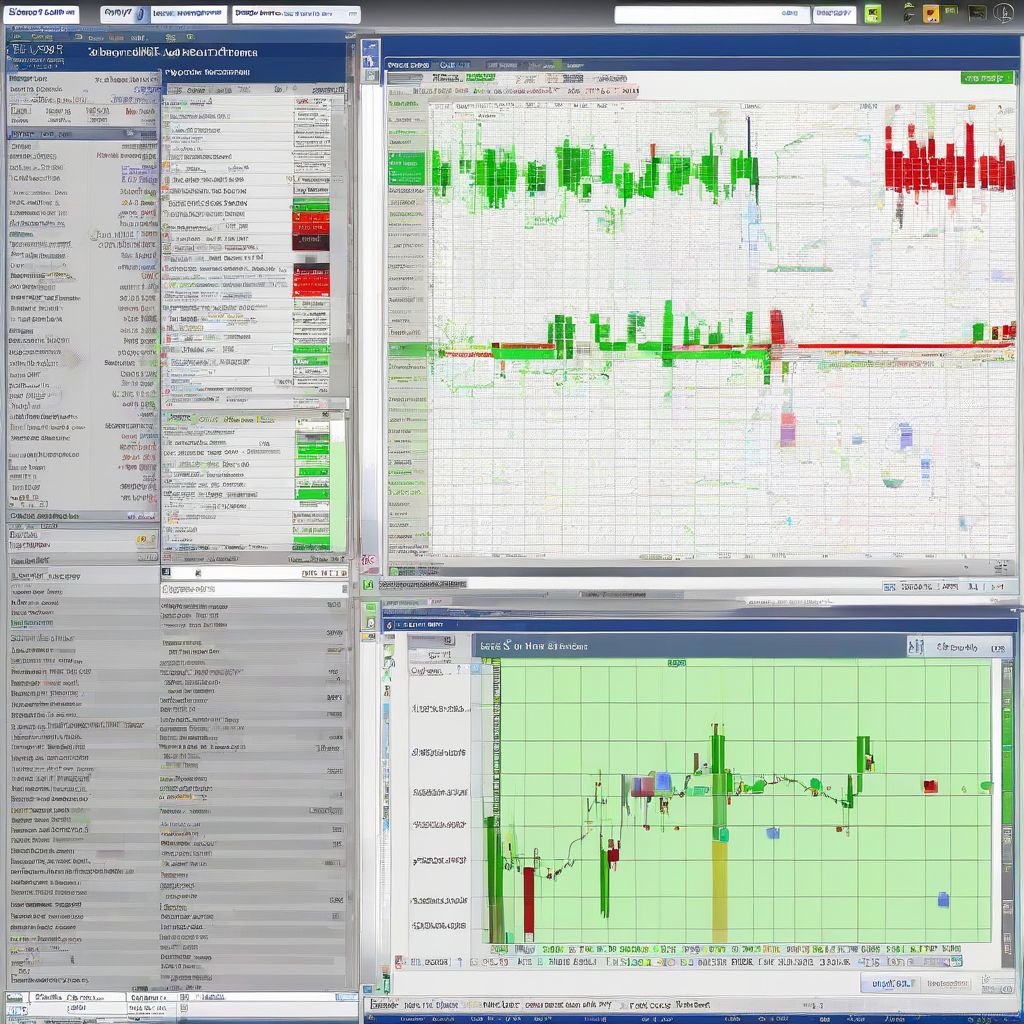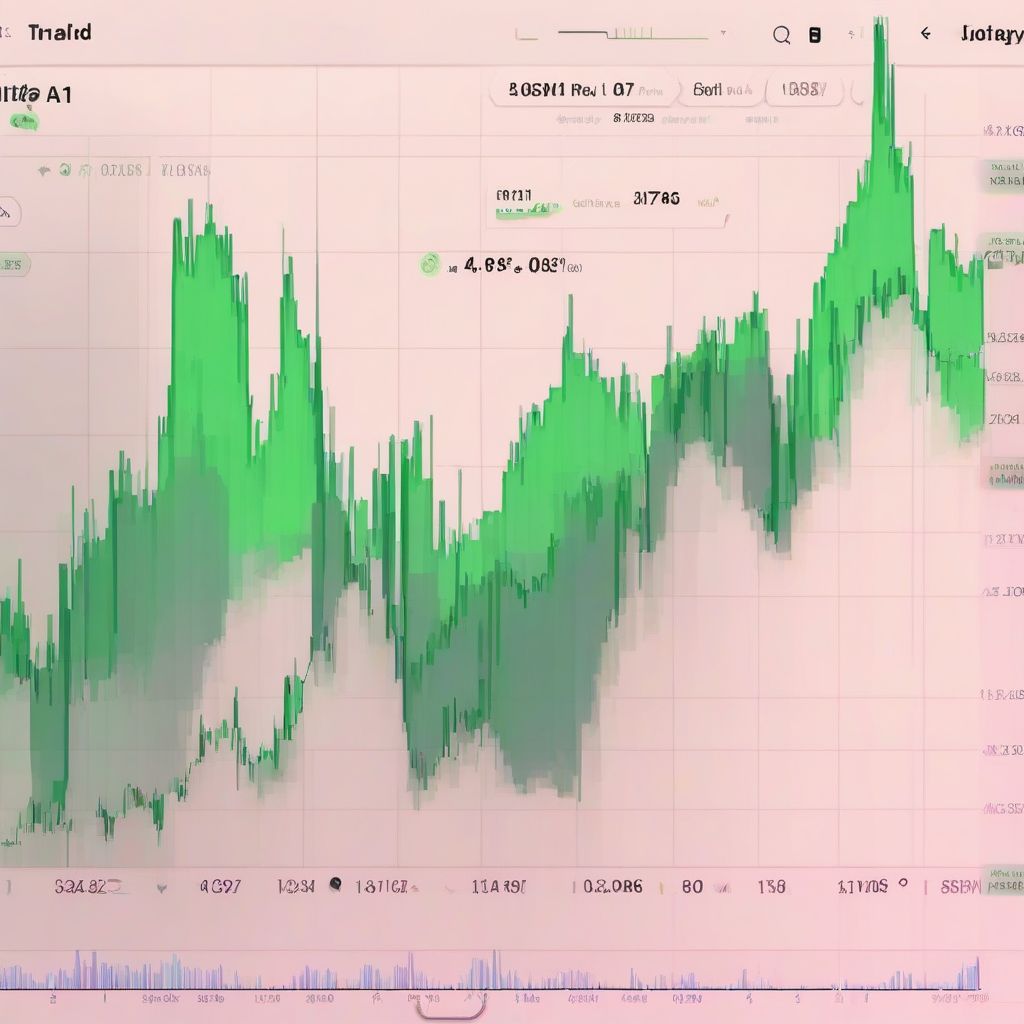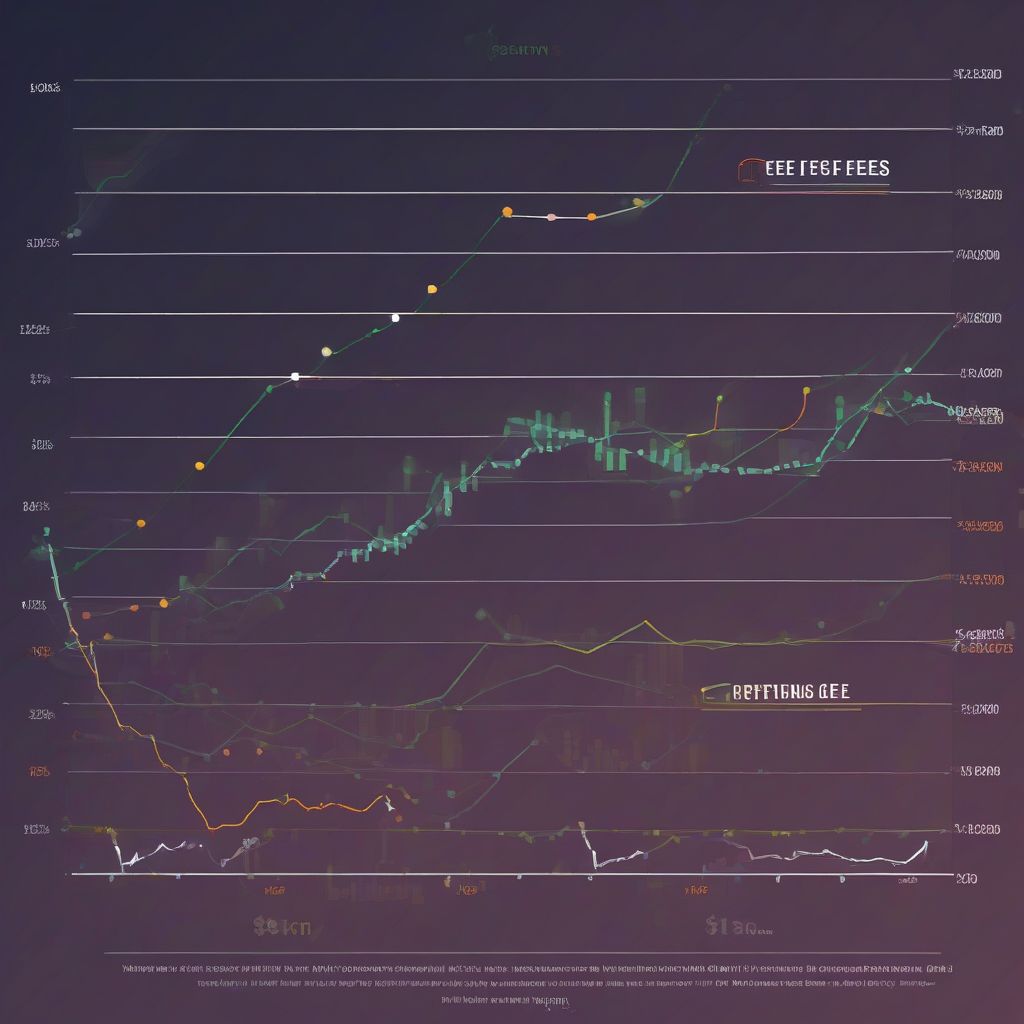Is Options Trading Halal: A Comprehensive Guide
Imagine this: you’re a devout Muslim seeking to grow your wealth ethically. You stumble upon the world of options trading, promising potentially high returns. But a question lingers in your mind: “trading.hoahocthcs.com/is-options-trading-halal/">Is Options Trading Halal?”
This question reflects a common struggle for Muslims navigating today’s complex financial landscape. Islamic finance operates on principles of fairness, transparency, and risk-sharing, often clashing with conventional financial instruments. This article delves into the intricacies of options trading and examines its permissibility within Islamic law.
Understanding Options Trading
What are Options?
In essence, an option is a contract that gives the buyer the right, but not the obligation, to buy or sell an underlying asset (like a stock) at a predetermined price (the strike price) on or before a specific date (the expiration date). There are two main types of options:
- Call Option: Grants the right to buy the underlying asset.
- Put Option: Grants the right to sell the underlying asset.
Options trading involves speculating on the future price movements of the underlying asset. Traders buy or sell options contracts, hoping to profit from favorable price fluctuations.
The Halal Debate: Examining the Concerns
The permissibility of options trading in Islam is a subject of ongoing debate among Islamic scholars. Several key concerns arise:
1. Gharar (Uncertainty and Excessive Risk)
Options trading often involves a high degree of speculation and uncertainty about future market behavior. This inherent gharar (uncertainty) raises concerns, as Islam prohibits engaging in transactions with excessive, unknown risks.
2. Maisir (Gambling)
Critics argue that options trading resembles gambling due to its speculative nature. The potential for significant gains or losses based on unpredictable market movements raises questions about its alignment with Islamic principles that discourage gambling.
3. Riba (Interest)
Some Islamic scholars argue that certain options contracts might involve elements of riba (interest), particularly when margin trading is involved. Using borrowed funds with interest to finance options positions contradicts Islamic finance principles.
Arguments for Permissibility
Proponents of options trading within an Islamic framework offer counter-arguments based on specific conditions:
1. Hedging for Legitimate Purposes
Using options to hedge against potential risks in underlying halal investments (like commodities) is viewed as permissible by some scholars. For instance, a business owner might use options to protect against price fluctuations in raw materials.
2. Underlying Asset Compliance
If the underlying asset being traded through options is itself halal (e.g., shares of a Sharia-compliant company), some scholars consider the option contract permissible.
3. Avoiding Prohibited Elements
Options trading, when structured to avoid gharar, maisir, and riba, might be permissible according to some views. This would involve strict adherence to Islamic financial principles and seeking contracts specifically designed to comply with Sharia law.
Seeking Expert Guidance: The Fatwa
The question of “is options trading halal” ultimately rests on seeking guidance from knowledgeable Islamic scholars and obtaining a fatwa (religious ruling) based on your specific financial circumstances and intentions.
Remember, Islamic finance emphasizes ethical investing and risk management. Engaging in any financial activity requires careful consideration of its alignment with Islamic principles and seeking advice from qualified scholars to ensure halal compliance.
What do you think?
We encourage you to share your thoughts and questions on this complex topic in the comments below. Let’s foster a respectful discussion and learn from one another. For more insights on Islamic finance and ethical investing, explore our website and join our community of conscious investors.


